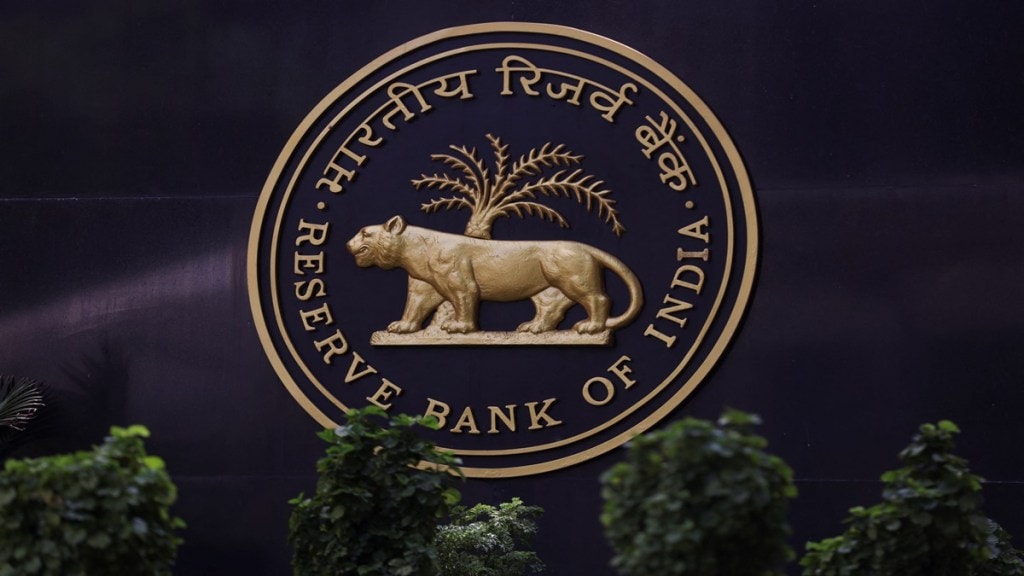Just days after IndusInd Bank’s Rs 1,580 crore discrepancy came to the light, sources told Moneycontrol, the Reserve Bank of India (RBI) has begun a review of derivative books of both private and state-owned banks. Per the report, the central bank is taking note of the hedging positions entered into by banks and is collating details of these trades.
One of the persons aware of the matter told Moneycontrol on condition of anonymity, “The RBI has contacted banks to assess the hedging positions after the IndusInd Bank issue.”
The sources further added that the purpose of this exercise is twofold – One is to ascertain if more banks are in non-compliance with the new derivative trades rule. Second, the RBI also wants to use this opportunity to assess the internal compliance of banks on the treasury front.
According to the RBI Master Direction- Classification, Valuation and Operation of Investment Portfolio of Commercial Banks (Directions), 2023, banks have to categorise their derivatives portfolio into three fair value hierarchies —Level 1, Level 2, and Level 3 and disclose it in their financial statements. Per the direction, banks are not to pay dividends out of net unrealised gains recognised in the profit and loss account arising on fair valuation of Level 3 derivatives assets and liabilities on their balance sheet. Such net unrealised gains on Level 3 derivatives shall be deducted from CET 1 capital.
In a regulatory filing on March 10, IndusInd Bank had said that an internal review of its derivative portfolio revealed discrepancies, which could hit its net worth by approximately 2.35 per cent as of December 2024. In parallel, the Bank also informed that it has appointed a reputed external agency to independently review and validate the internal findings.
The findings came just days after the Bank had informed that the RBI granted its approval for re-appointment of Sumant Kathpalia as MD & CEO of IndusInd Bank for a further period of one year, despite the Bank’s board requesting a three-year reappointment.
After the almost 27 per cent cut on March 11, IndusInd Bank stock opened trade on March 12, down another 7 per cent. However it soon recovered some ground and is now trading up 9 per cent from intra-day lows.

